Android (by Google) has always been known as an open operating system when compared to iOS (by Apple). However, that openness and richness of choice is becoming an annoying problem for users during use. In other words, there are currently too many versions of Android existing at the same time instead of being a unified system, contrary to what Apple can bring.
When choosing an Android phone, users will expect the device to run all Google services as well as other devices in the software ecosystem such as WearOS watches and headphones. But in reality, it is not like that. For example, the Pixel Watch 2 watch can only sync settings and modes with Pixel phones because they are part of the "Google family", but it cannot be done with Android smartphones from other brands.
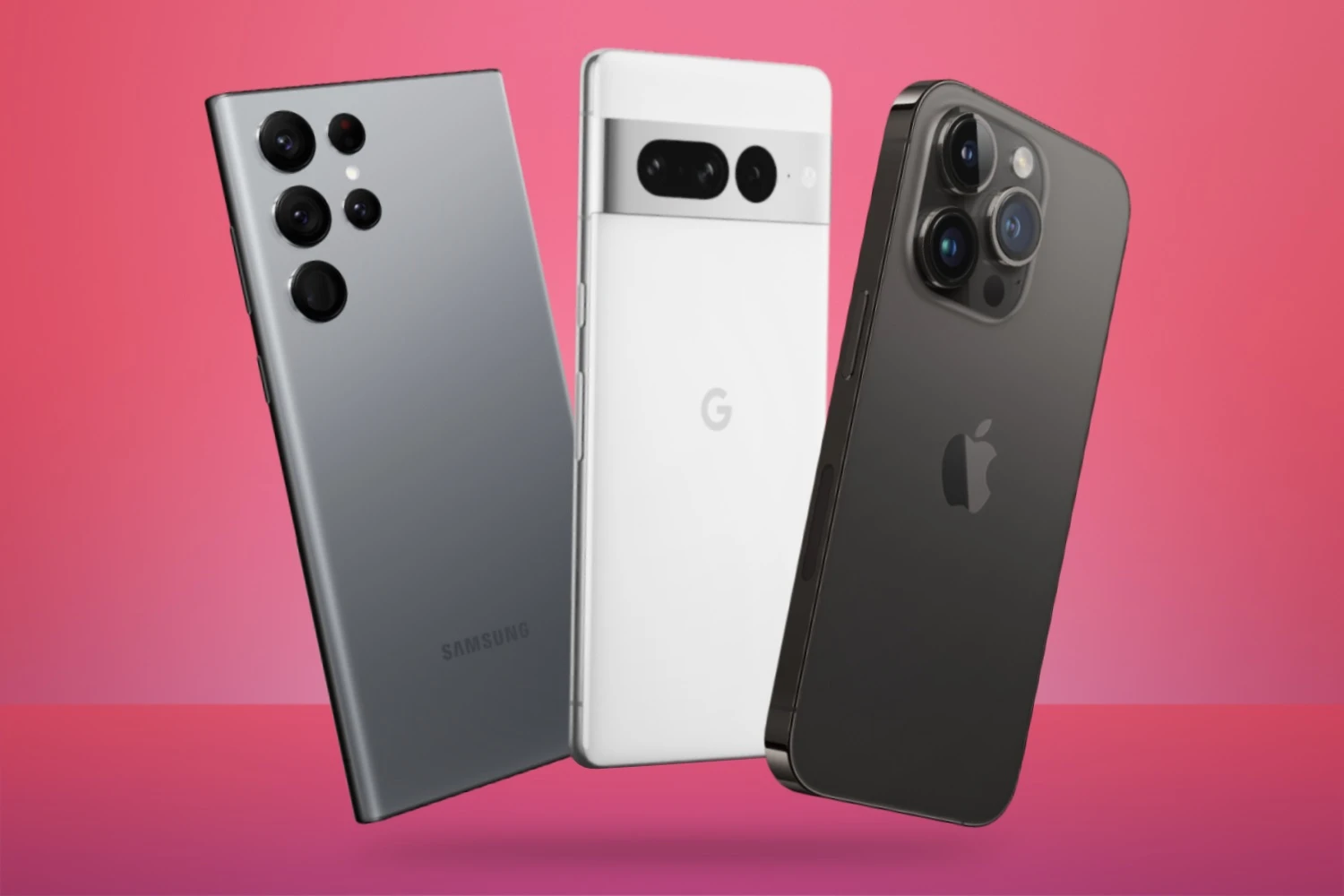
Many people choose iPhone over Android because of the synchronization in the product ecosystem.
On the other hand, if you choose to use the Galaxy Watch with an Android phone not manufactured by Samsung, you will have to go through many complicated steps to set up mobile network connection, Samsung Pay service... This inconvenience shows the biggest problem with Android today: instead of becoming a unified whole, Android device manufacturers are creating their own ecosystems, bringing a less than ideal experience to end users - customers who are advertised with the prospect of Android devices working together.
There are too many... Androids coexisting
The term "fragmentation" has been associated with Android for a long time, when there are hundreds, even thousands of smartphone manufacturers bringing products running this platform to consumers. There are too many device sizes, screen sizes, configurations, device segments, operating system versions on Android, not to mention each manufacturer uses a different interface design: Samsung has One UI, OnePlus is OxygenOS, Xiaomi uses MIUI, Oppo is ColorOS... Google Pixel has its own original operating system that cannot be confused with any other unit thanks to the advantage of being the platform publisher. But all are on the "Android core".
Google believes that it is not easy to require all manufacturers to "share the same roof" while still highlighting the differences and uniqueness of each unit. The company only ensures a seamless experience between basic services belonging to Google Play Services such as Google Pay, Cast, device backup, Quick Share (or Nearby Share) quick sharing feature...
Some smartphone manufacturers saw the "gap" created by Google and created their own solutions, but they are only effective within their own device ecosystems. For example, with Samsung or OnePlus, users can sync many things between their phones and tablets or other devices of the same brand.
Pixel line privileges
Google has worked with Android phone makers to create common standards and show them what the future holds for the platform. The search giant jumped into hardware with its Nexus line of smart devices, later renamed Pixel.
But that strategy has added problems to the market. Google now operates for two contradictory purposes: on the one hand, it sells its own smartphone brand with its own hardware and software identity; on the other hand, it provides AOSP (Android Open Source Project) and Google's exclusive services to other manufacturers to make smart devices running its platform.
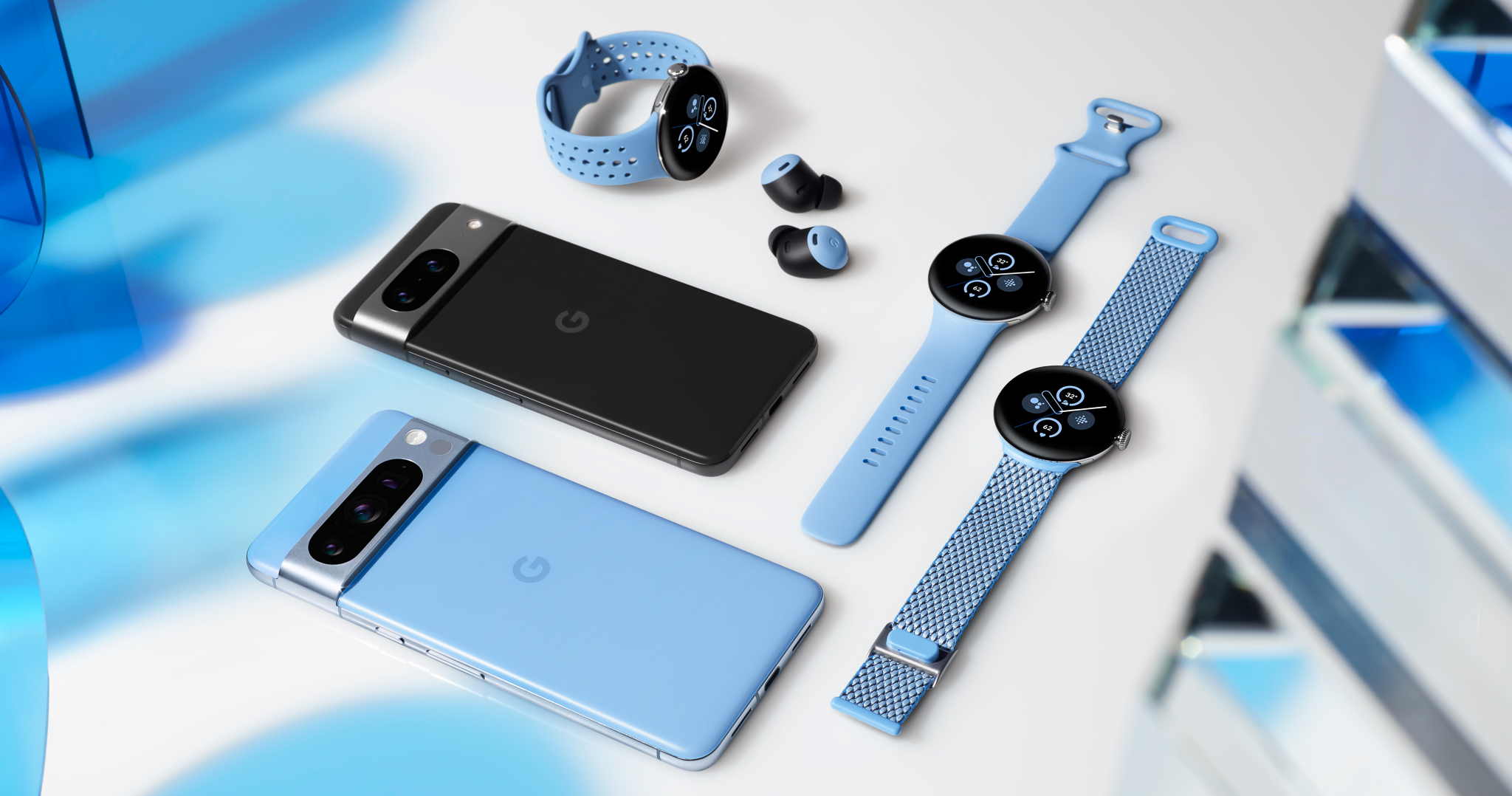
Google Pixel is separating itself from the rest of the Android world , deepening internal fragmentation
In this way, Google is competing with itself and going against the idea of making itself a central unit that monitors and coordinates all Android phones. The software and hardware of the new generation of Pixel phones are increasingly consolidated, but they are separate from the rest of the Android world. There are many exclusive features only on Pixel phones, not appearing on other phones that run the same operating system. Some others will have them, but a year or two later than Pixel to maintain exclusivity.
In addition, there are also privileges that are free for Pixel users but paid for by Android customers from other brands, including Google One or some features in Google Photos. At the CES 2024 exhibition (USA) that just took place, Google introduced a feature that helps "throw" music playing from Pixel phones with UWB support to Pixel tablets, similar to the way it does on iPhones with HomePod. But this is a privilege of Pixel phones and there is currently no confirmation about the ability to bring it to other brands' devices. While Google "deepens" the gap, other brands are starting to consider new steps.
Choose a solution
The platform divide has become more apparent as some companies have decided to move away from Android. Amazon, after years of using FireOS, which is based on stock Android but has no Google apps, has switched to a Linux-based platform on all of its smart devices. Similarly, Huawei has announced that it will soon stop supporting Android software on HarmonyOS, cutting off the last link between the two platforms.
The change means users cannot install the Google Play app store or any software from Android on Amazon and Huawei devices.
It can be seen that the instability in the Android "family" is unintentionally making Apple's OS ecosystem less complicated and more worth experiencing in the eyes of a certain group of users. Apple customers do not have to worry much about whether product A is compatible with the company's device B, because this problem is solved from the design. On the other side, users will have to decide to invest in Google, Samsung or another company in exchange for a seamless experience, even though they all run Android.
In that situation, Google became the only name that could connect and balance everything together. Also at CES 2024, the technology world witnessed the integration of Google Nearby Share with Samsung's Quick Share, LG's smart TVs have Chromecast or Fast Pair for Google TV to easily combine with devices from other manufacturers.
However, to end the "discord" caused by fragmentation and dysfunction between hardware manufacturers' devices, Google will have to do more than that if it does not want to give Apple more advantages.
Source link



![[Photo] Closing of the 14th Conference of the 13th Party Central Committee](https://vphoto.vietnam.vn/thumb/1200x675/vietnam/resource/IMAGE/2025/11/06/1762404919012_a1-bnd-5975-5183-jpg.webp)




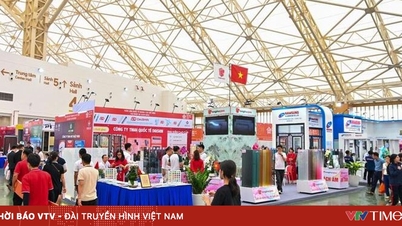



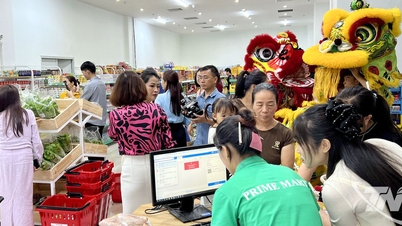

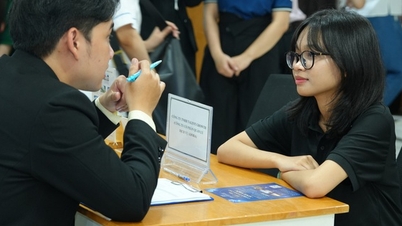

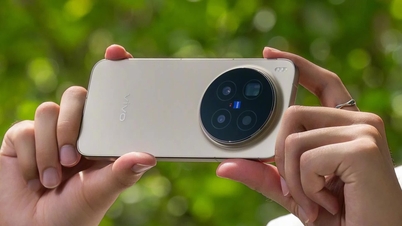
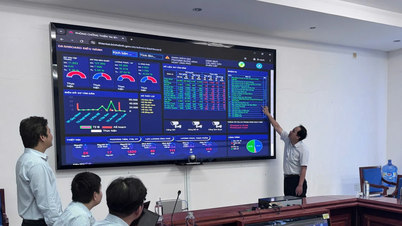

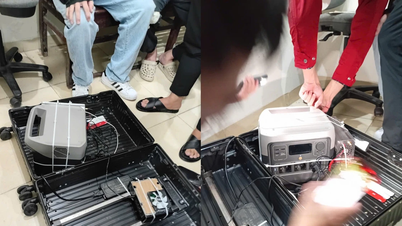


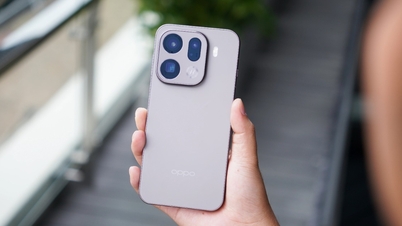


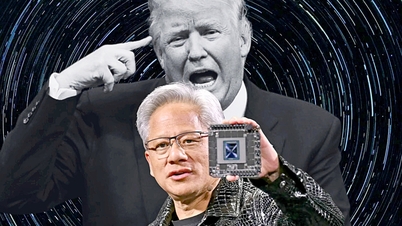





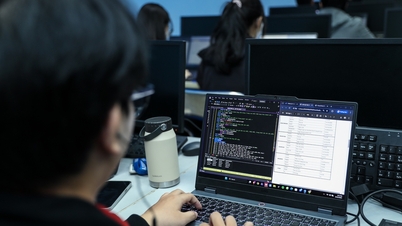
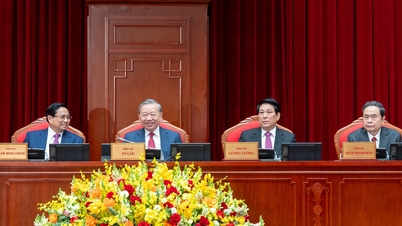


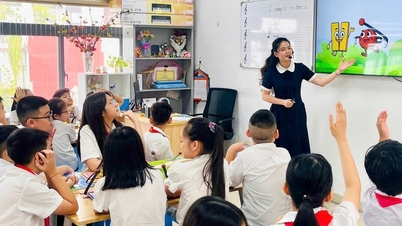



































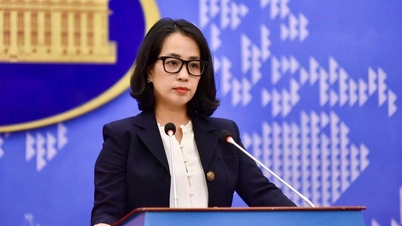
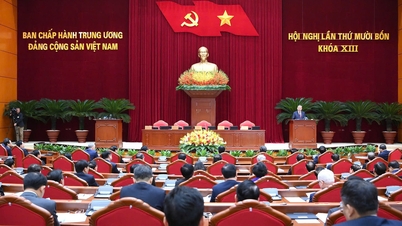


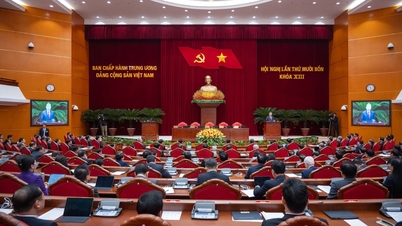







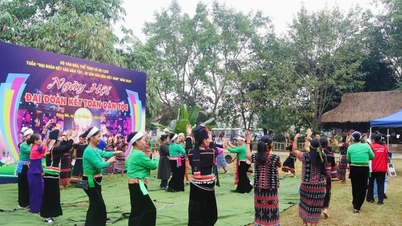
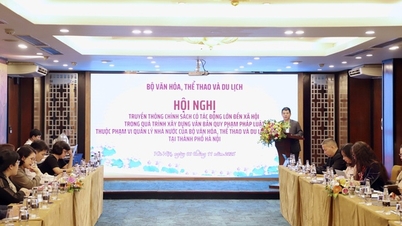







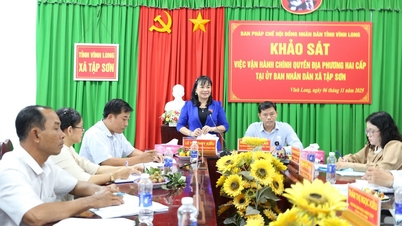
















Comment (0)